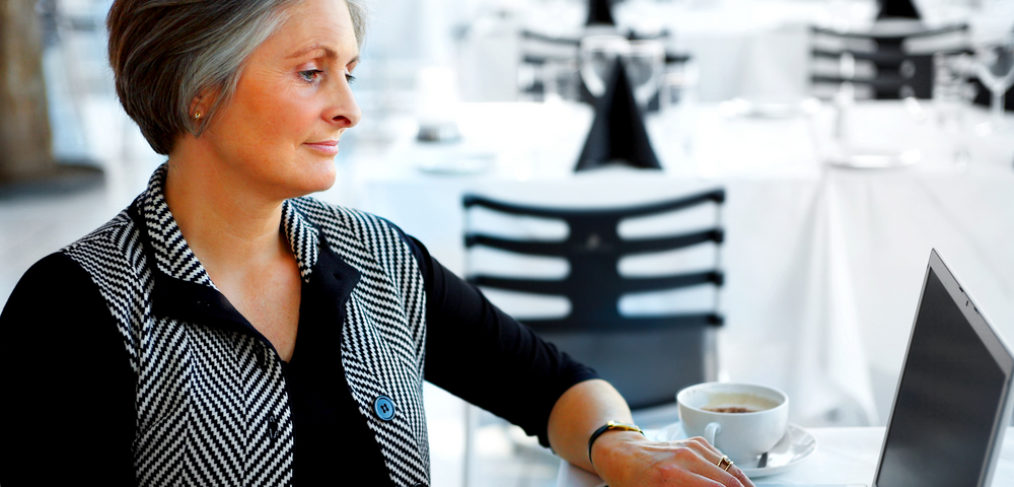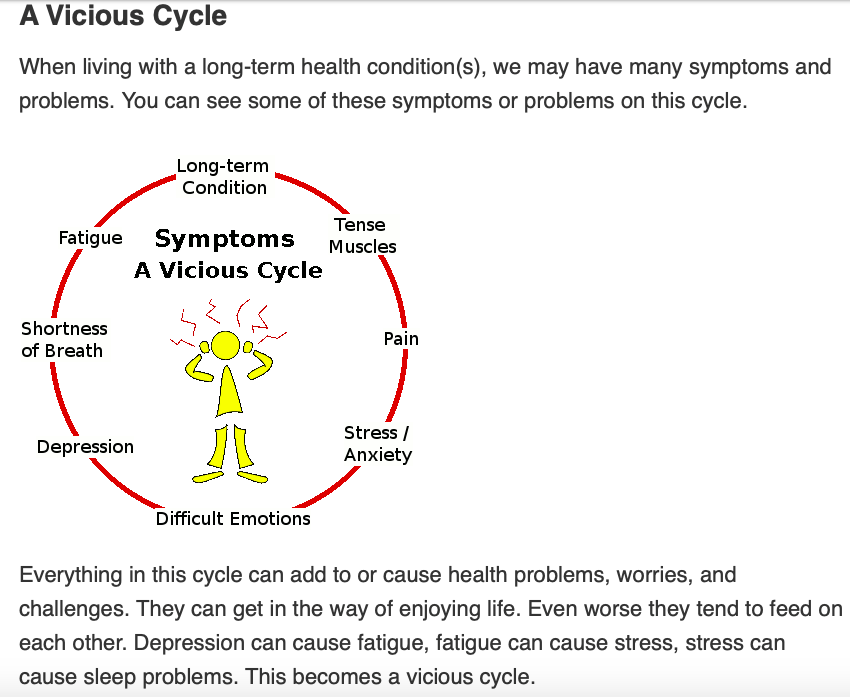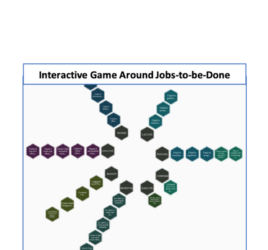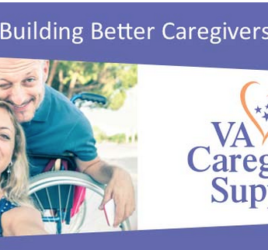
Story Snippets: Suzanne Continues her Passion for Supporting as a Better Choices, Better Health® Mentor
It’s the afternoon in Los Angeles and already the evening in Baltimore on Thursday, June 6th when I connect with Suzanne for our Slack call.
“It is 2009, and I am working full time for the Baltimore County Department of Aging and I have a part-time job in addition. Being so busy I didn’t think much about my health – my chronic condition – and then I started to feel burnout. From my background and job, I know how to help others but not really myself. Someone from HR suggests I join the Chronic Disease Self-Management Program workshop.”
Suzanne has been a mentor with us for years, but this is the first time we’ve spoken about her journey to that role. She continues, “A large contributor to my initial symptoms and burnout in 2009 was caregiving for my mother and her passing. I was unprepared for the caregiving impact on every aspect of living and thriving.”
We’re lucky to have Suzanne as a BCBH mentor. A mentor has to first participate in a workshop in the community or online, train and function as a peer facilitator coach, and then continue in the role of mentoring facilitators. I am curious to hear firsthand from Suzanne what informs her role as a mentor, but we take our time getting there and appreciate hearing about her experience first as a participant. I ask, “What was the most impactful thing when you were a workshop participant?”
“No doubt – it was the content around breaking the vicious symptoms cycle,” she responds. “Upon hearing the symptom cycle, it becomes obvious, but until then I just didn’t know. With knowing it’s a ‘thing’, I do not feel alone, not isolated. And it helps to understand that it’s a part of almost all experiences with chronic conditions – that it is general. And then it becomes easier to see how to apply the tools covered in the workshop, things like speaking for oneself and taking a break.”
I am curious how Suzanne’s personal experience impacted her facilitation. “I remember this one participant, an older gentleman who had not really engaged, and he suddenly became dynamic,” she recalls as she answers my question about the symptom cycle content in workshops when she’s facilitated. “He wanted everyone in the group to do well after he realized just how parallel their experiences were. I try to bring this insight in to support our facilitators as a workshop mentor.” And now I really am intrigued, this snippet of Suzanne’s experience as a participant, informs not only how she functions as a workshop facilitator, but what she brings to her role as mentor for other facilitators. “How do you do that?” I ask.
“Most of the facilitators are very good, but it’s sometimes hard to see a pattern when they’re participating daily in the workshops. In my role, I step back and scroll through the discussion board and action plan posts. I can then encourage or remind the workshop facilitators to say something personal in response to something – and often that is a reference to the symptom cycle and tools from the workshop. As you know, we don’t have to directly reference the conditions’ vicious cycle of symptoms hindering a participants or our own daily living, but if it is referenced often, that discussion becomes one of the most lively, as other participants respond and it also seems to engage the facilitators.”
“How often does that happen?” I ask. We’re not using the video feature of Slack, but I can hear Suzanne smiling as she responds, “Probably in every workshop.”
“I personally love that about the workshops – that what impacts one as a participant, seems universal and can be referenced as a facilitator,” I say. “And it’s great to hear that that translates to the mentor role as well.”
“It’s a different kind of gratifying” she says laughing ever so slightly, “but you know, I still facilitate workshops as well. After all, self-management is a breakthrough and that has happened for me. It happens when I facilitate and it happens when I mentor.”



